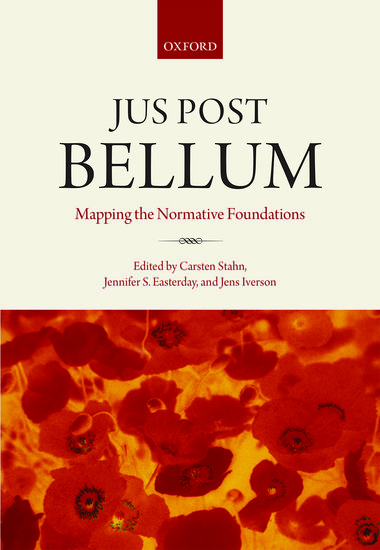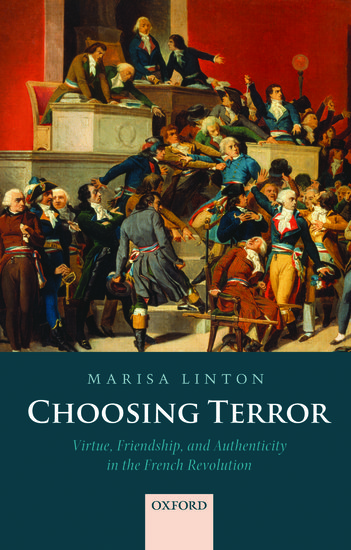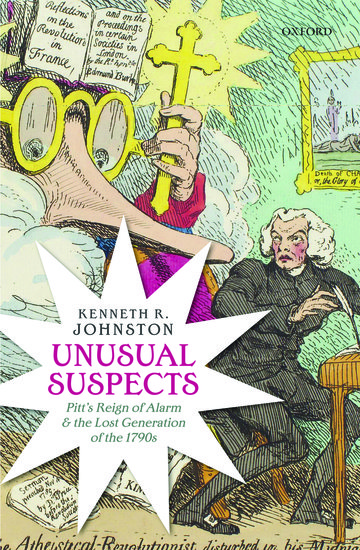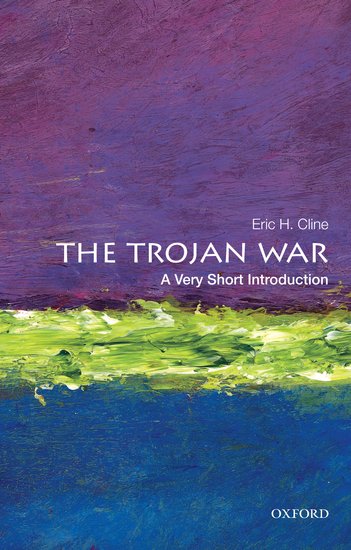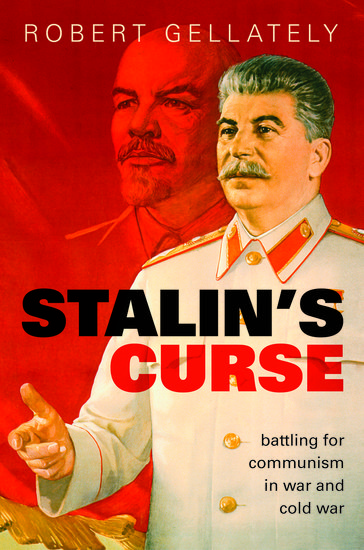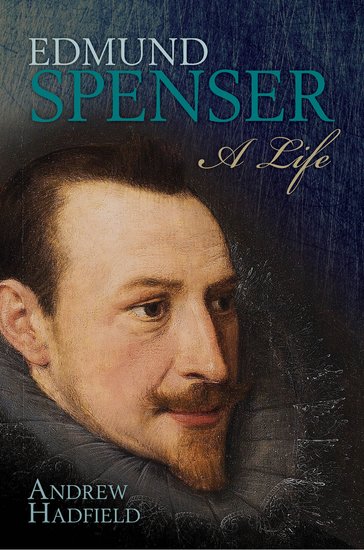The 9/11 memorial and the Aeneid: misappropriation or sincere sentiment?
By J. C. McKeown
The National September 11 Memorial Museum will be opened in a few weeks. On the otherwise starkly bare wall at the entrance is a 60-foot-long inscription in 15-inch letters made from steel salvaged from the twin towers: NO DAY SHALL ERASE YOU FROM THE MEMORY OF TIME. This noble sentiment is a quotation from Virgil’s Aeneid, one of mankind’s highest literary achievements, but its appropriateness has been questioned.

